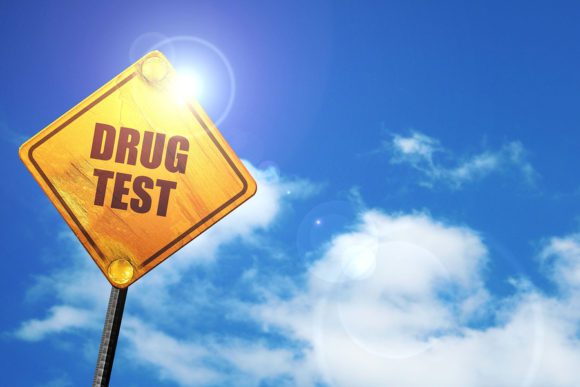Louisiana’s high court recently nixed the idea that an unconfirmed or unverified drug test can be used to prove intoxication or fraud in order to deny the workers’ compensation claim of an injured worker.
In doing so, the Louisiana Supreme Court reinstated the ruling of an Office of Workers’ Compensation (OWC) judge in Jerome Parsons vs. Truck Parts and Equipment Inc. and LCTA Workers’ Comp. That ruling barred the defendants’ use of an unconfirmed drug test as a basis for denying a workers’ comp claim.
The Supreme Court in its written opinion notes at the outset that in regard to drug testing in a case concerning a claim for workers’ compensation benefits, La. R.S. 23:1208: 1081(9)(e) clarifies that: “Testing shall include verification or confirmation of any positive test result … before the result of any test may be used for disqualification pursuant to this Section.”
As such, the OWC judge determined that while the defendants were allowed to use “any admissible evidence” to support the denial of the claim, the “unconfirmed, unverified drug test administered to claimant cannot be used to assist defendants in meeting its burden of proving intoxication or fraud.”
The Louisiana Supreme Court took the case on appeal from the Court of Appeals for the Second Circuit, which had reversed the ruling of the OWC.
In its opinion dated Oct. 1, 2019, the Supreme Court explained that Jerome Parsons, who had been working for Truck Parts and Equipment, alleged he was injured on Nov. 25, 2016, in a work-related incident. A drug test administered the following day came back as positive, but no subsequent confirmation testing was performed.
In August 2017, Parsons filed a disputed claim for compensation for his injury. His employer then filed an “affirmative defense on the ground claimant was intoxicated at the time of the accident,” the Court’s opinion states.
Parsons filed a motion to strike the affirmative defense on the grounds that the drug test had been unconfirmed. The OWC judge denied the motion to strike but ultimately granted Parsons’ subsequently filed motion in limine (in which a party to a lawsuit asks the court to limit or prevent certain evidence from being presented at trial).
The defendants appealed and the court of appeals looked at the case differently. Louisiana law, the appeals court opinion states: “Specifically, R.S. 23:1081(9)(e) requires confirmation testing positive before a test can be used as a basis for disqualification for purposes of an intoxication defense only. The statute does not provide authority for the exclusion of the unconfirmed drug screens from evidence for use of a fraud claim under La. R.S. 23:1208. … In excluding the unconfirmed drug screen from evidence for all purposes, the workers’ compensation judge abused her discretion.”
The Louisiana Supreme Court, however, disagreed. In its opinion, the Supreme Court said the “gravity of denying compensation benefits to an injured worker” requires that evidence used to disqualify or forfeit “those benefits must be deemed competent. It is undisputed that unconfirmed drug test results cannot be used as a basis for disqualification …”
The Court said that prohibiting use of the unconfirmed drug test to deny benefits due to intoxication but allowing the same test to be entered as proof of fraud “would be illogical,” and called any unconfirmed test results “equally unreliable in both circumstances.”
The Court reversed the court of appeals’ opinion and reinstated the ruling of the OWC judge.
Topics Fraud Workers' Compensation Louisiana
Was this article valuable?
Here are more articles you may enjoy.



 Preparing for an AI Native Future
Preparing for an AI Native Future  Munich Re Unit to Cut 1,000 Positions as AI Takes Over Jobs
Munich Re Unit to Cut 1,000 Positions as AI Takes Over Jobs  Jury Finds Johnson & Johnson Liable for Cancer in Latest Talc Trial
Jury Finds Johnson & Johnson Liable for Cancer in Latest Talc Trial  Kansas Man Sentenced for Insurance Fraud, Forgery
Kansas Man Sentenced for Insurance Fraud, Forgery 

